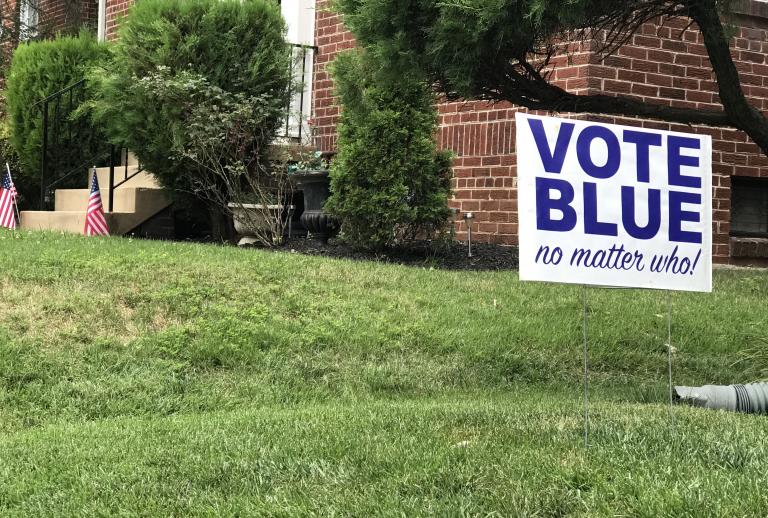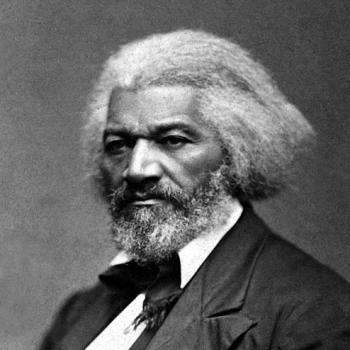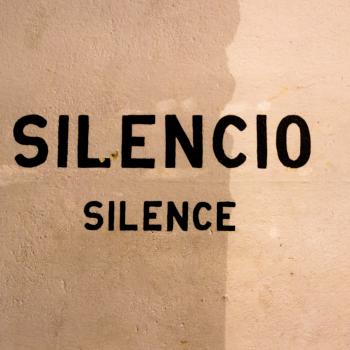
Adjacent to signs for a smattering of Democratic senators with presidential ambitions, a neighbor of mine has this sign planted in their front yard: “Vote Blue No Matter Who!” Perhaps this would be saying something in some quarters but I live in a city that is overwhelmingly blue. Since 1964, Washington, DC has had a mere three electoral votes and never once has a Republican candidate received one.
Apart from signaling their political leanings to loads of neighbors who, by and large, share them, I’ve found myself wondering about the purpose of the sign. What’s the point? Given my neighborhood, I don’t think the sign will change many peoples voting behaviors. I do, however, think it is a reflection of the larger trends in American voting behavior over the past few decades.
After the most recent mid-term elections, FiveThirtyEight posted an article called “Everything is Partisan and Correlated and Boring.” In it, Nathaniel Rakich explains how voting behavior has changed in the past fifty years. During, let’s say, the election of 1972 when Nixon defeated McGovern, Americans were much more likely to vote for person over party. In our polarized political context, partisan loyalty has run amuck. According to a Pew Research poll, Americans are more polarized now than at any point in the past 20 years and the more politically engaged a person is, the more they are likely to vote along ideological lines.
The sign in my neighbor’s yard is as “partisan and correlated and boring” as a Republican sign with its own political jingle (probably lamer because what rhymes with “red”? – maybe “vote right or you’ll be wrong”) staked in a yard in Wyoming. Wyoming is red as DC is blue; it has just three electoral votes that also happened to have the highest percentage of votes for Trump in the general election.
All of this is a really long way to say that it almost doesn’t matter which candidate the parties nominate. Everything is partisan and correlated and boring. These days, Americans care far less about the particular person and his or her idiosyncrasies and character far more about the party they represent. If the road to 2020 is paved the way of 2016, the cardinal virtue for the next leader of the free world will not be moral courage, integrity, respectability or any other reasonable thing – it will be electability.
That the American electorate’s bar is so low is troublesome in and of itself but it is especially unacceptable for Christians. Christians ought to care far more about the integrity of their faith than the victory of a political party and the potential powers, privileges, and protections therein.
Given the well-documented and historic misdeeds, the inappropriate, unpresidential, offensive, mean, gross – not to mention sexually degrading, humiliating, false, and racist – things President Trump says on a regular basis, it makes no sense for American Christians, in general, and white evangelical Protestants, in particular, to endorse Donald Trump in the way they do.
Peter Wehner nails it when he writes this in a recent piece in the Atlantic called “The Deepening Crisis in Evangelical Christianity”:
The enthusiastic, uncritical embrace of President Trump by white evangelicals is among the most mind-blowing developments of the Trump era. How can a group that for decades—and especially during the Bill Clinton presidency—insisted that character counts and that personal integrity is an essential component of presidential leadership not only turn a blind eye to the ethical and moral transgressions of Donald Trump, but also constantly defend him?
How, indeed.
And when I (or Mr. Wehner) refer to white evangelicals, we’re not referring just to the particularly egregious instances of wholesale support by the likes of evangelical leaders like Jerry Falwell, Jr. who self-consciously jettisons “incidentals” like Christian character from the qualifications for President because they’re weighing the train down from getting political power (see this tweet). A recent Pew Research poll from March 2019 suggests that nearly 7 out of 10 white evangelical Protestants approve of Trump’s handling of the presidency. And, to be clear, this statistic doesn’t just refer to folks who “identify” as evangelicals but don’t actually go to church. According to the Pew report: “White evangelical Protestants who regularly attend church (that is, once a week or more) approve of Trump at rates matching or exceeding those of white evangelicals who attend church less often.”
American Evangelicals hitching their wagons to Trump was shocking in 2016 and the voltage is only increasing. It feels like some sort of terrible Stanley Milgram experiment.
I think David Remnick, the Editor of The New Yorker is right to call out all of the folks who voted for President Trump. As a Christian, I think his critique is especially appropriate for evangelicals. In direct response to President Trump’s directive to four congresswomen – all women of color, three of whom were born in America – that they should all “go back” to the countries “from which they came.” Remnick writes:
Republicans and Independents, evangelicals, and many others who might have voted for Trump in 2016 will eventually have to ask themselves whether it is possible to go on believing that he is a man of sufficient character to hold the Presidency.
Whether it was motivated by religious freedom, issues related to the sexual revolution, the chance to secure a few conservative Supreme Court justices or some other ultimate goal, white evangelicals ultimately voted as machiavellians. But I don’t think the ends ever justify the means. Potential political gains over the span of four or eight years, however important they are cannot be worth compromising the integrity of the Christian faith.
As an orthodox, Bible-believing American Christian, I understand the temptation. In some ways, it’s not hard to understand why white evangelical Protestants voted for Trump. I think much of it was motivated by fear. Whether the fear is legitimate or not is besides the point here. Again, I think Peter Wehner is correct: many white evangelicals voted for Trump and, unless something changes will do so again, because there are “deeply fearful of what a Trump loss would mean for America, American culture, and American Christianity.”












